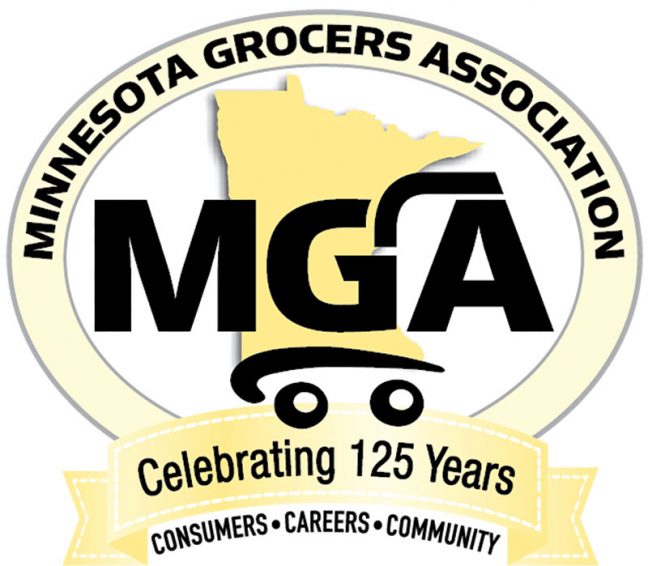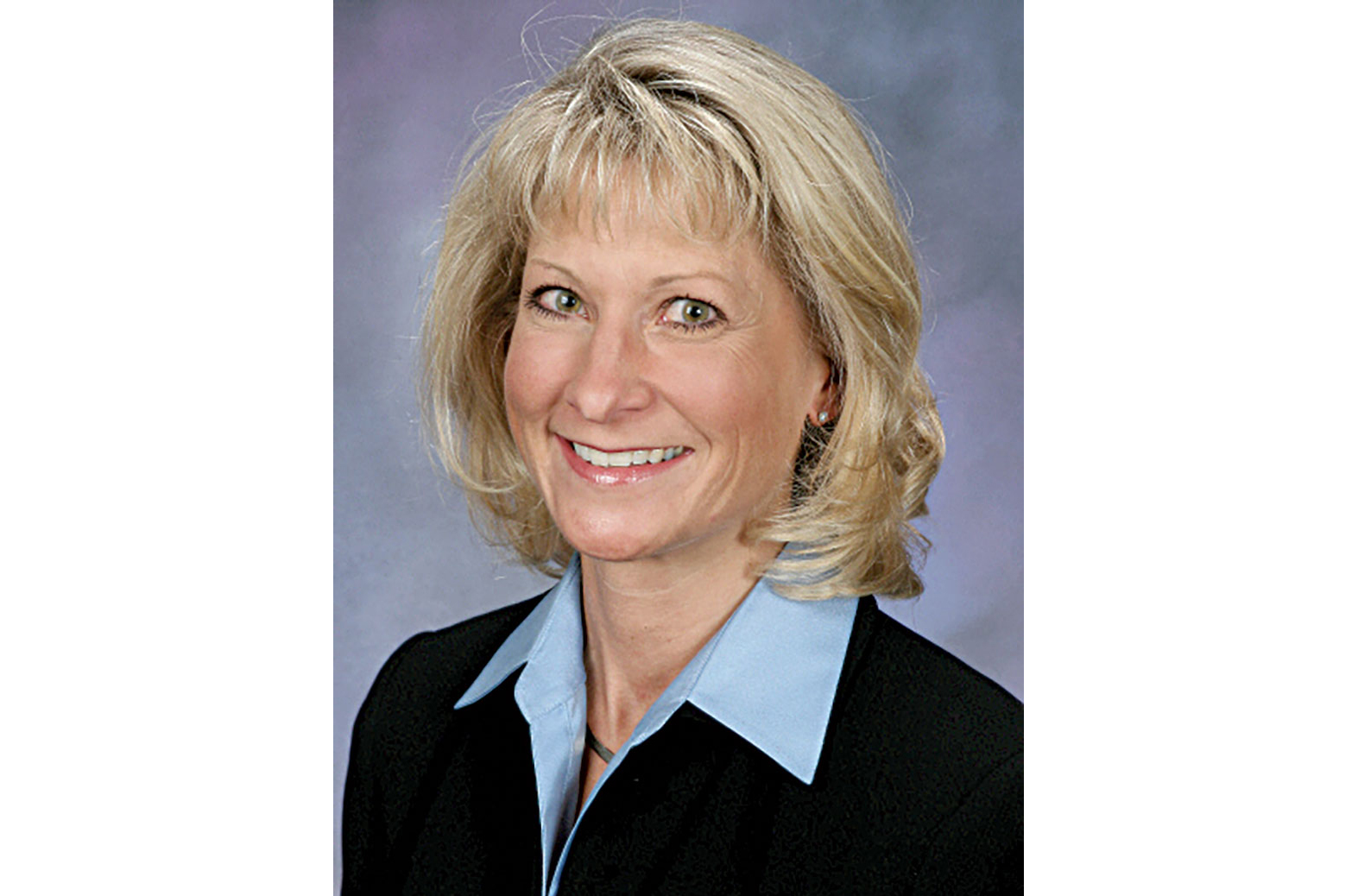Official says budget surplus has ‘a lot of folks asking for a lot of things’
Minnesota began 2023 with a projected state budget surplus of more than $17 billion, according to Jamie Pfuhl, president of the Minnesota Grocers Association.
“A lot of people have a lot of ideas how to spend the money,” she said. “That’ll keep us busy in 2023.”
Pfuhl said this is the first year of the legislative biennium, and it is a budget year. Also, this will be the first year since the COVID-19 pandemic that the Minnesota legislature will be back in session at the capitol.
Among the programs Pfuhl looks to continue with some state grants is the MGA Foundation’s Carts to Careers program. MGA partners with local colleges to allow grocery industry workers to earn certificates to help advance their careers. 
“We’re hoping to be able to continue that with the budget surplus. Again, there’s a lot of folks asking for a lot of things, but we’re hopeful that we’ll be able to keep that.”
The Carts to Careers program has 68 students participating in the two-year process, from across the state and from different retailers.
Pfuhl said the association also will be looking to work with the legislature for additional ways it can help its members with technology, such as through grants.
“The industry is changing so much…so there are ways that we can help, especially that independent Main Street grocer, run their store a little more efficiently. Really educating [legislators] on things that could benefit supply chain, benefit grocers, which in turn, obviously benefit the community.”
According to Pfuhl, the association will be looking at the “tremendous amount of labor bills” expected to be introduced this year. Among these are a paid family leave program, mandated sick time, mandated scheduling and a warehouse worker bill.
“There’s a lot of labor conversations that are going to be percolating, and there’s just a lot of unintended consequences that will come from those,” she explained. “We want to make sure legislators understand if they’re going to do these things…that the decisions will impact the industry as minimally as possible.”
She said the legalization of marijuana also is expected to come up. “We’ll be having great conversations from the retail space, making sure that if our members want to retail it that there is that opportunity.”
Pfuhl added that they will look at the language of any bill due to the “complications that come in with legalization of marijuana.” The edible THC legislation that was passed last year also needs some cleanup, she said.
Several environmental bills also are expected, particularly looking at “forever chemicals, extended producer responsibility and conversations about plastic bags.
“We’ll be looking for ways to ensure that we’re a part of those conversations and craft that as best as we can for minimal impacts and outcomes everyone’s looking for,” Pfuhl said.
Challenges for grocers
Independent grocers in Minnesota are still encountering supply chain issues that continue to plague the industry since the pandemic.
“There’s a lot of frustration from our members with the inconsistencies of supply chain,” Pfuhl said.
Labor shortages also remain a challenge and span from transportation to manufacturing to store employees. “It’s continuing to put a lot of fatigue on our stores, on the industry and even on our customers,” she said. “And it doesn’t seem to be letting up yet. There’s a lot of frustration, but people try to navigate the best they can.”
Inflation is compounding the challenges to grocers as well. Both from a consumer’s and store owner’s perspective, things are costing more, Pfuhl said. “The pressures are immense.”
In an effort to help its members, MGA is working on trying to tell their story on a broader scale, according to Pfuhl.
“We have a lot of freshmen legislators coming up through this election cycle. We’ve done a lot of store tours through the election to educate on what the pressure points are in the supply chain,” she said.
“We’ve been talking with our members, trying to figure out how we can help tell the story to customers so they understand that the grocers are doing everything they can to bring the freshest products, get the products on the shelf and keep the cost increases as minimal as possible. We’re really working on telling that story in just a whole different fashion than we have before – working with the media, working with our legislative partners. And I think that that’s really important at this juncture.”

